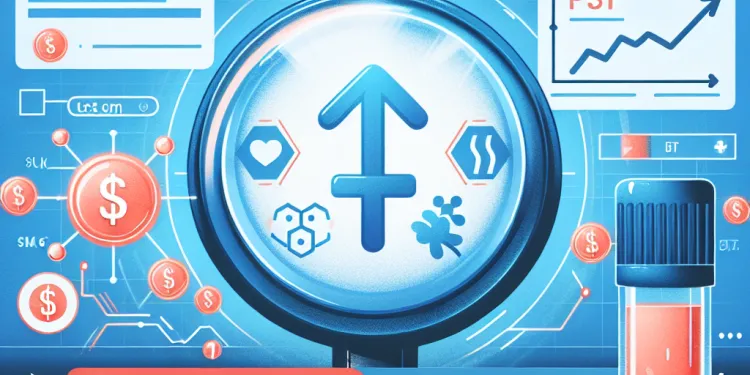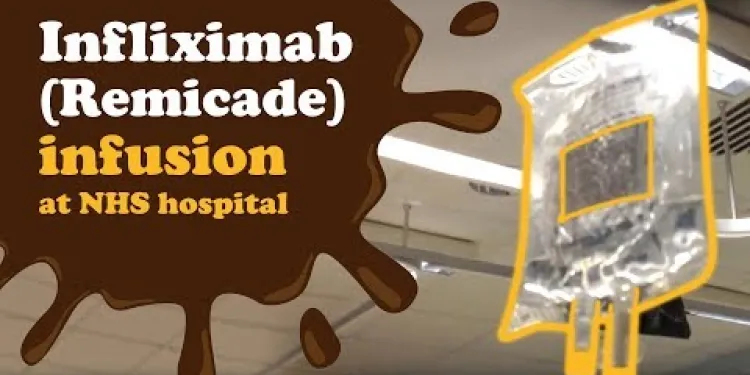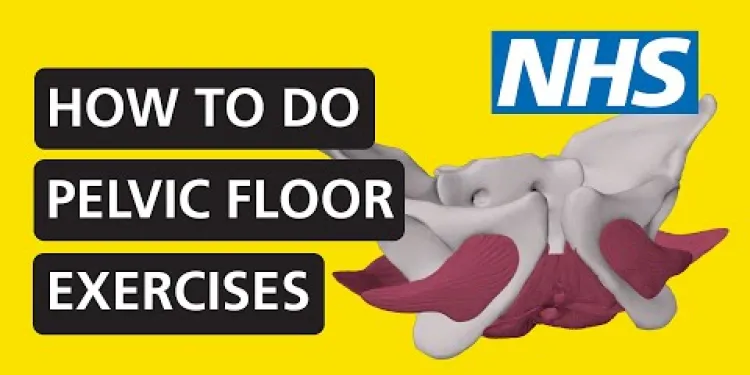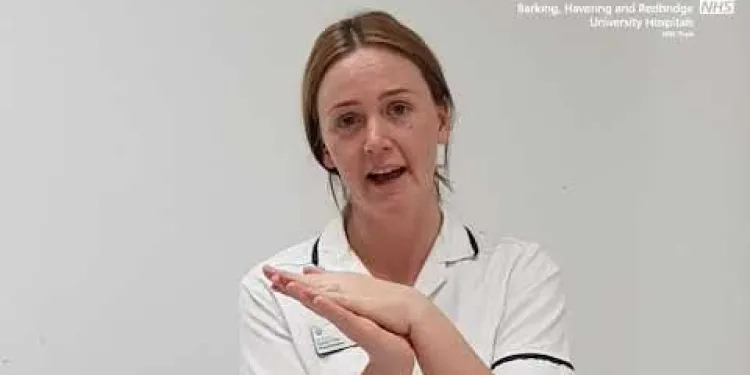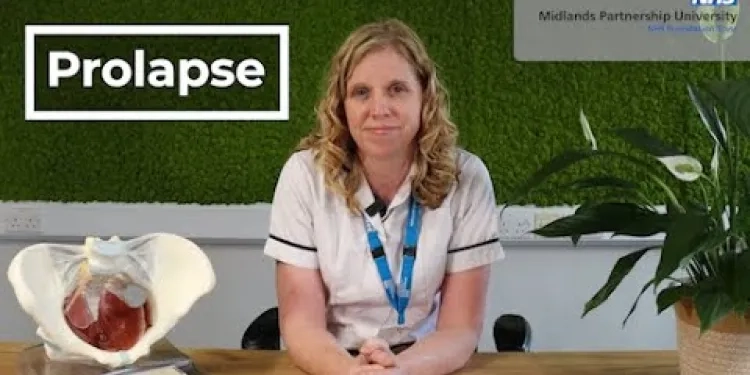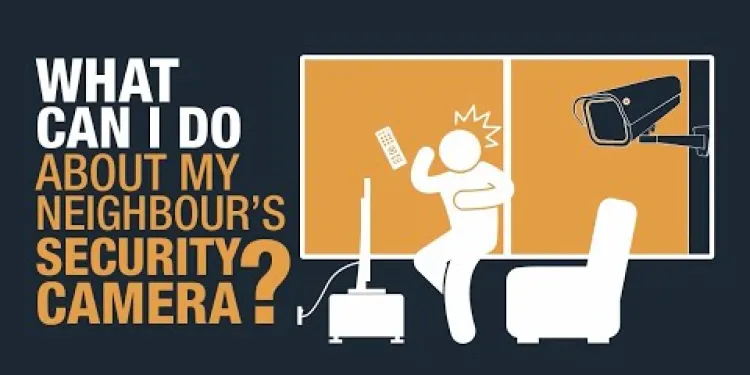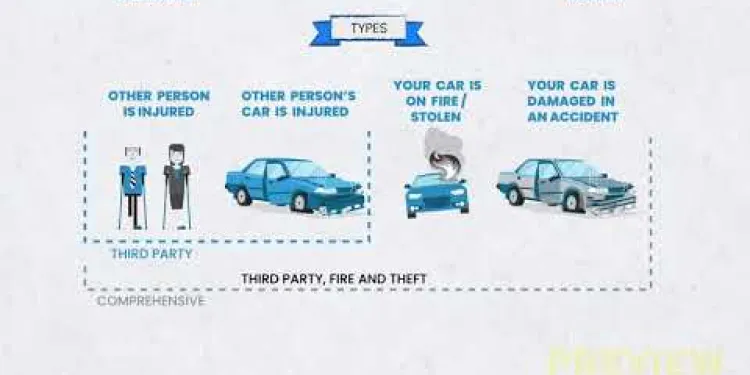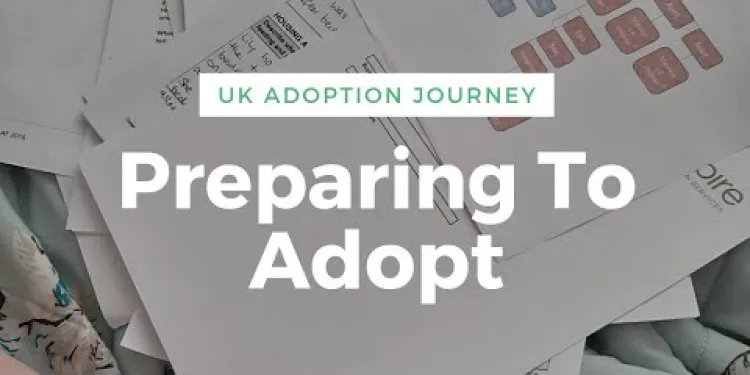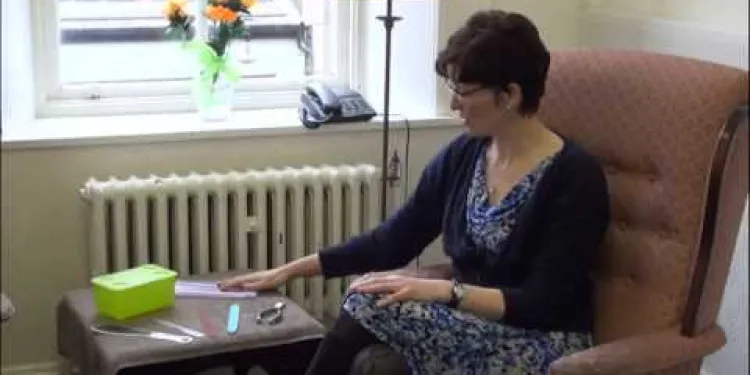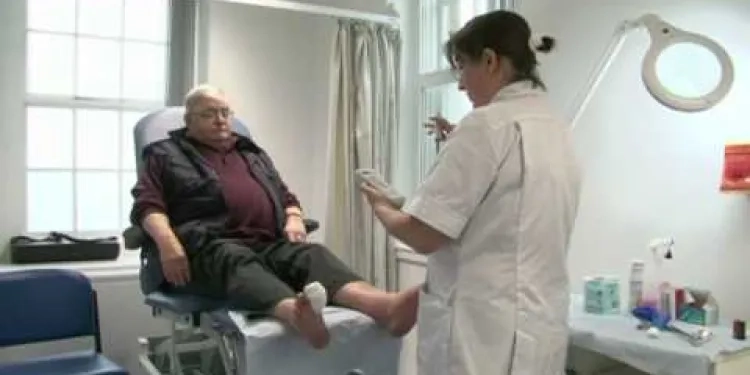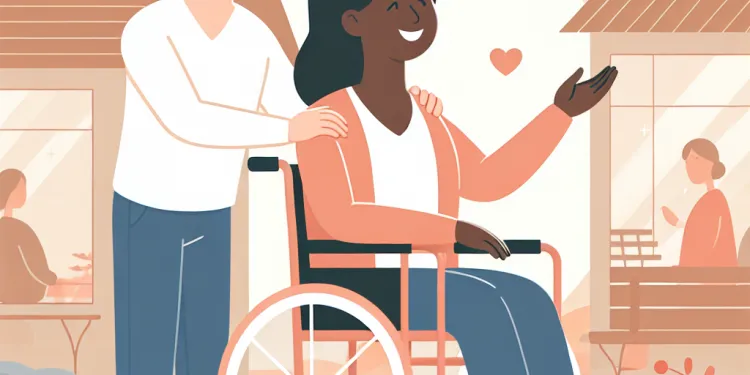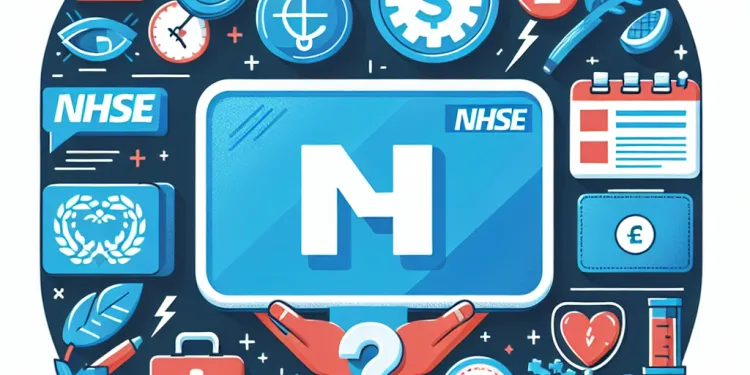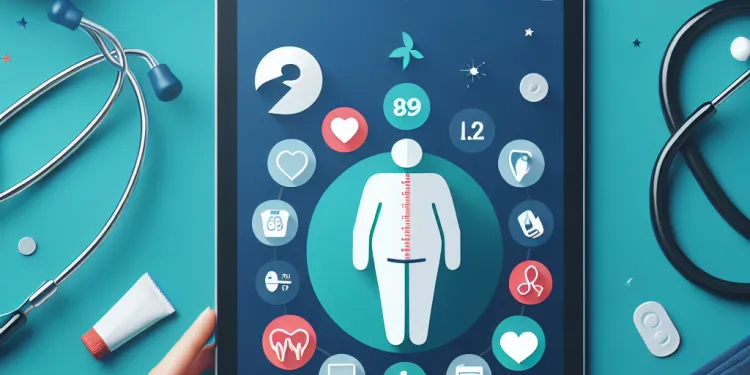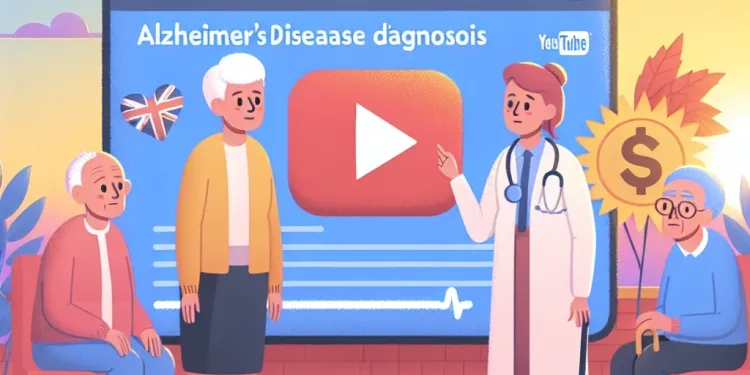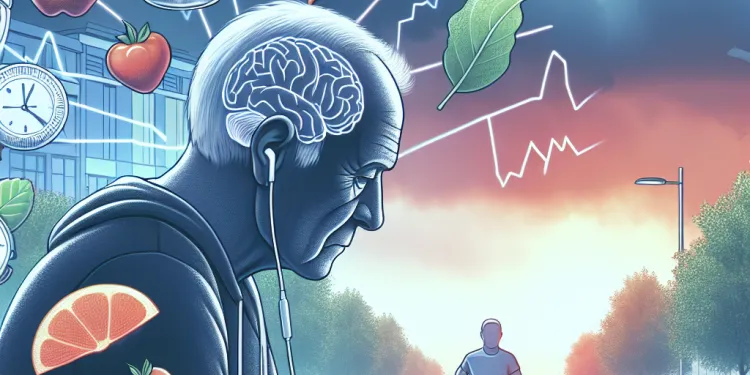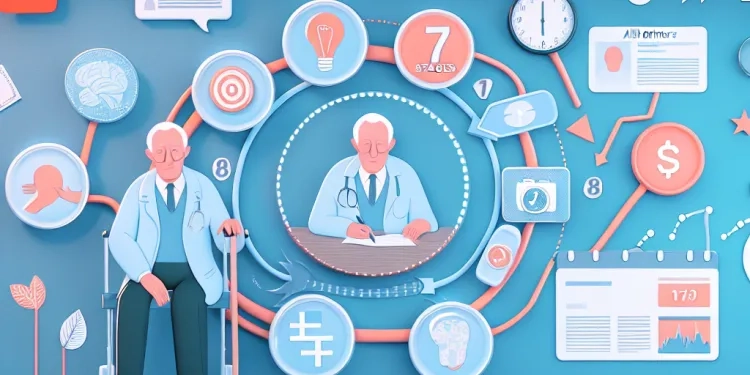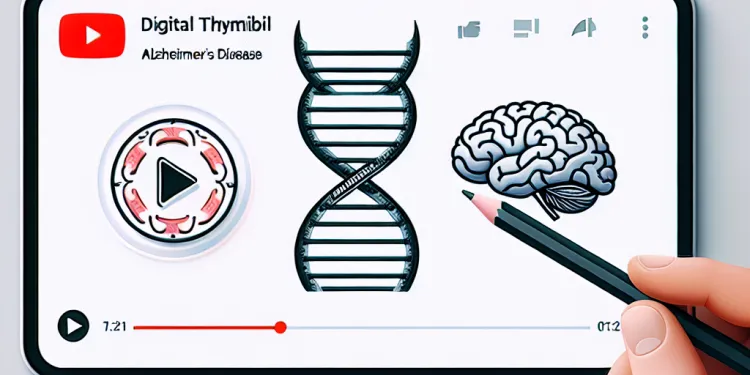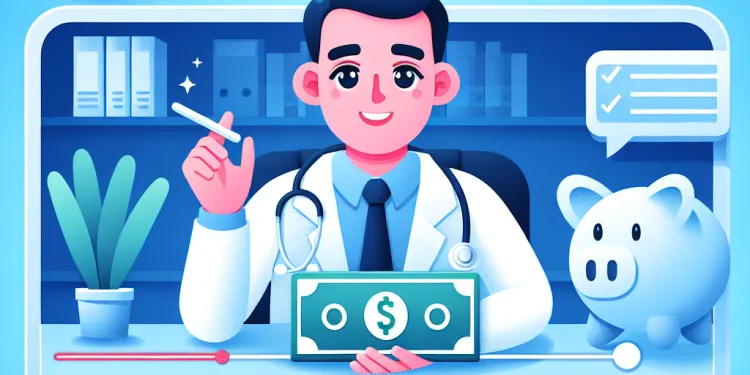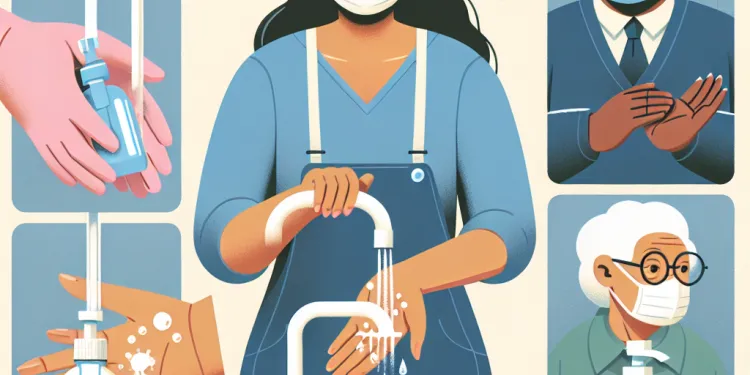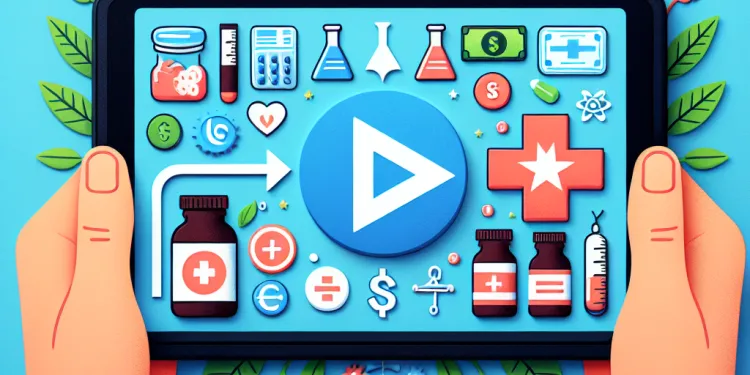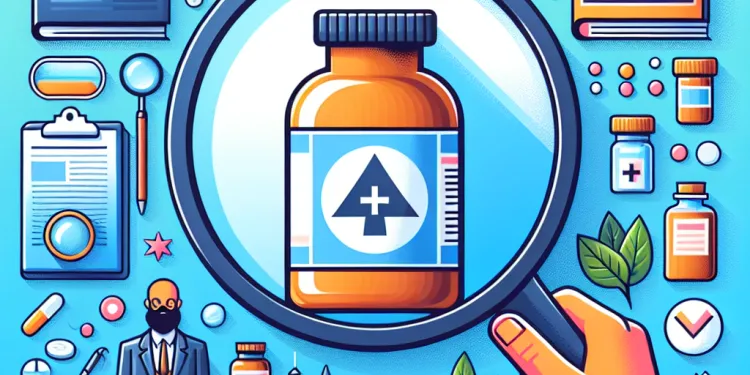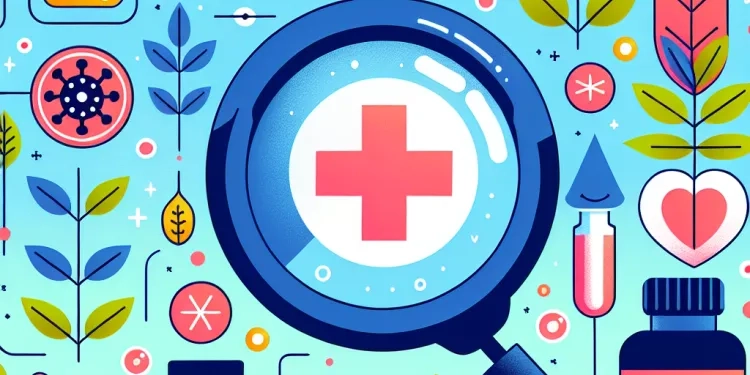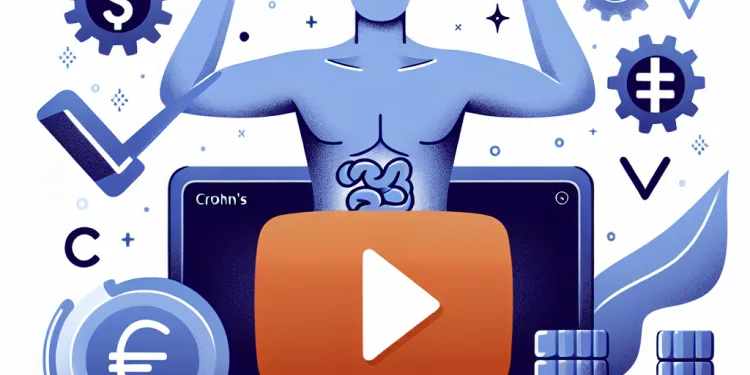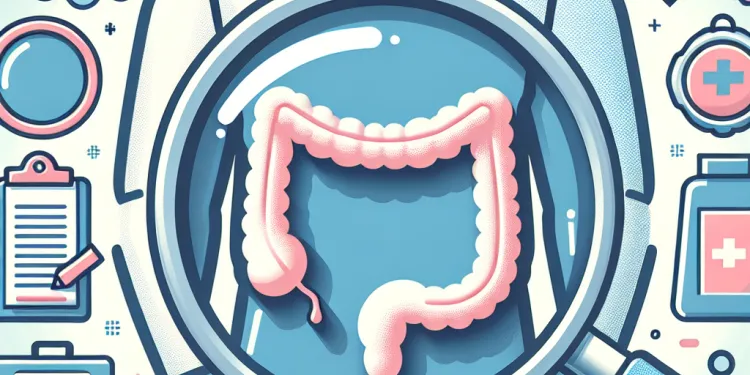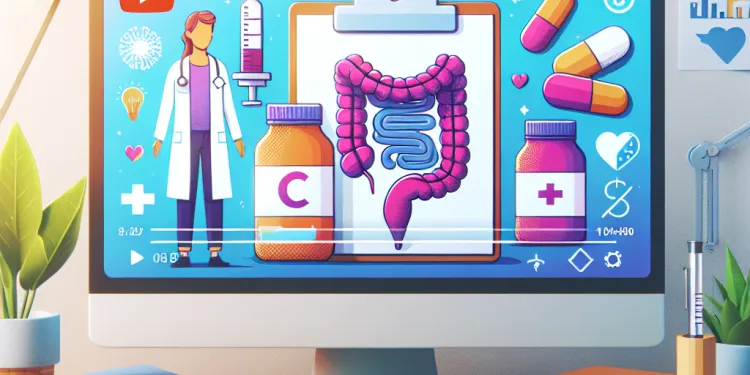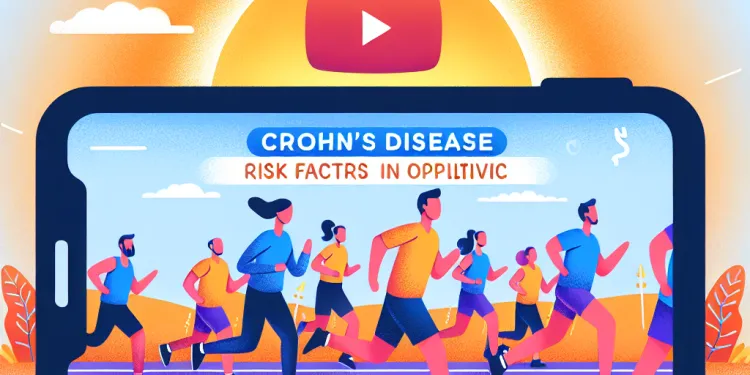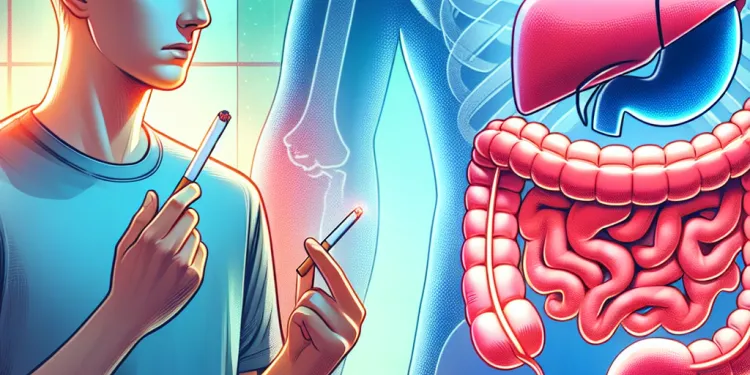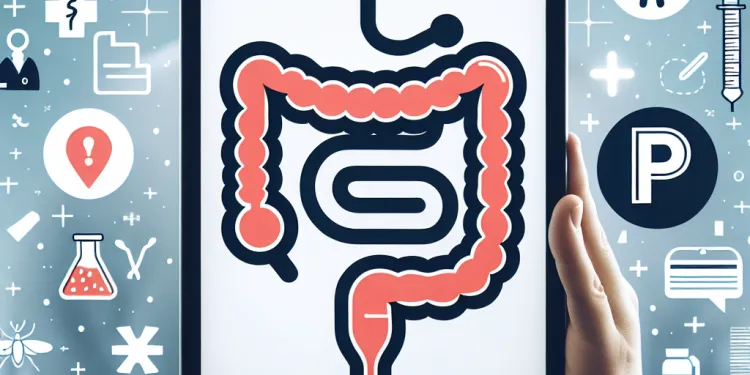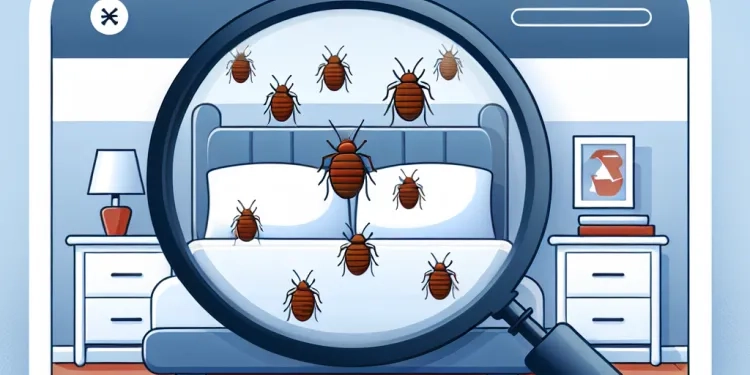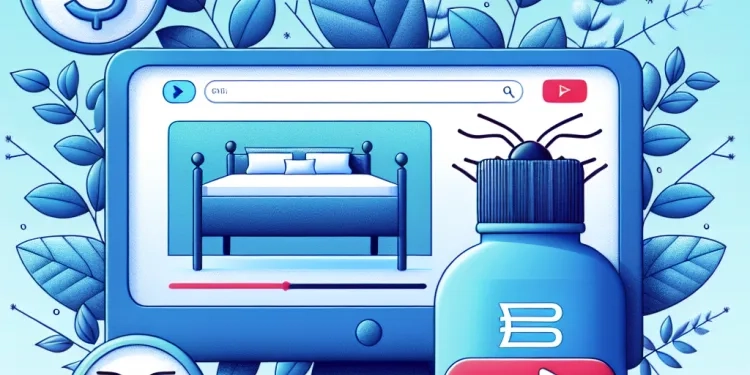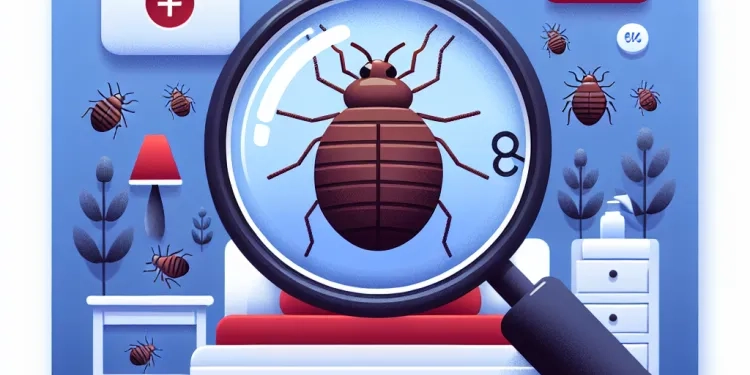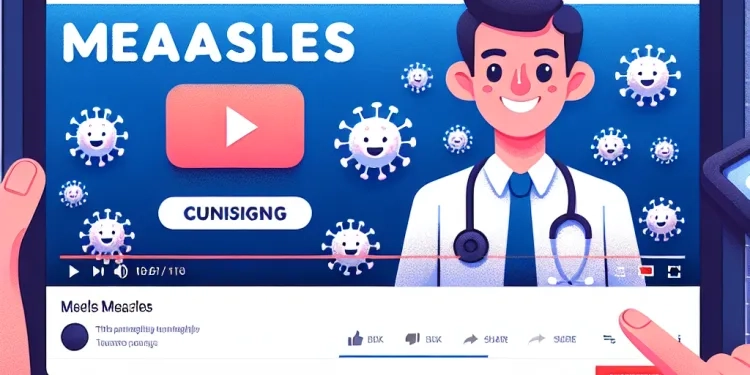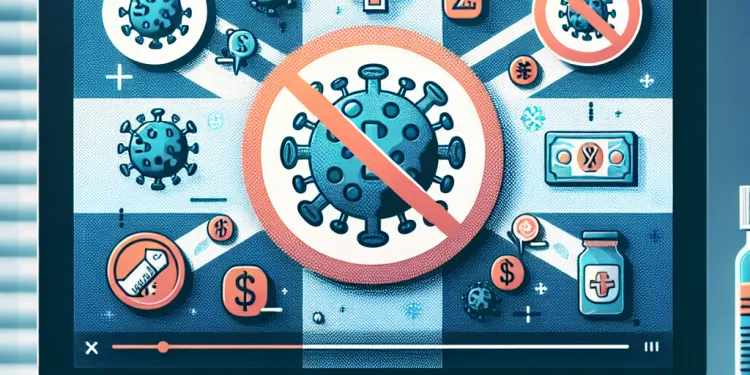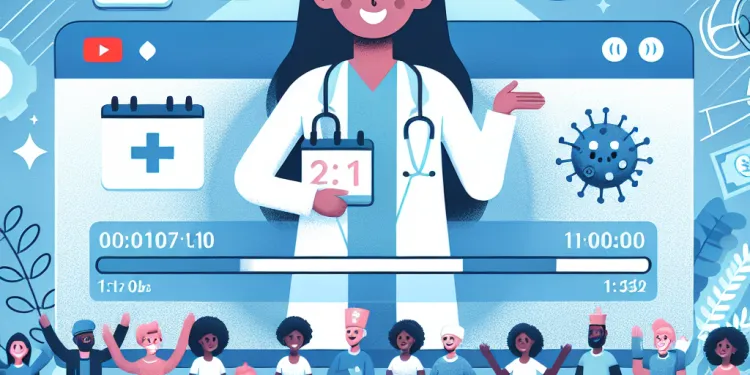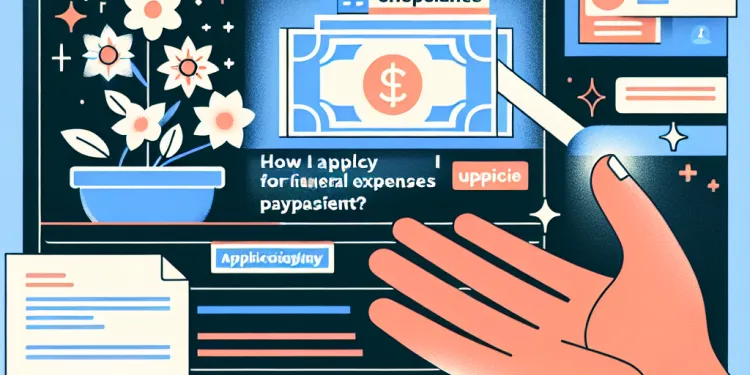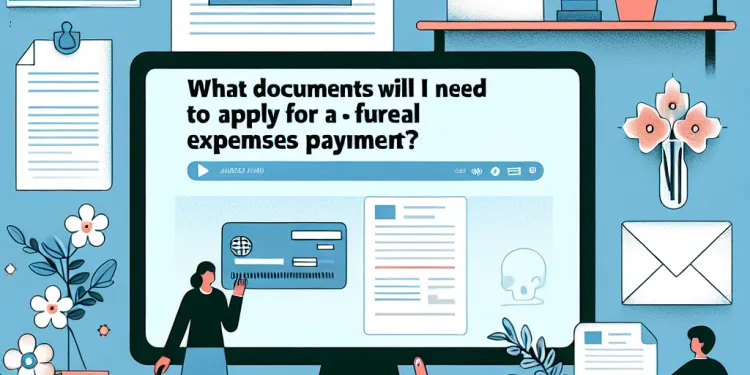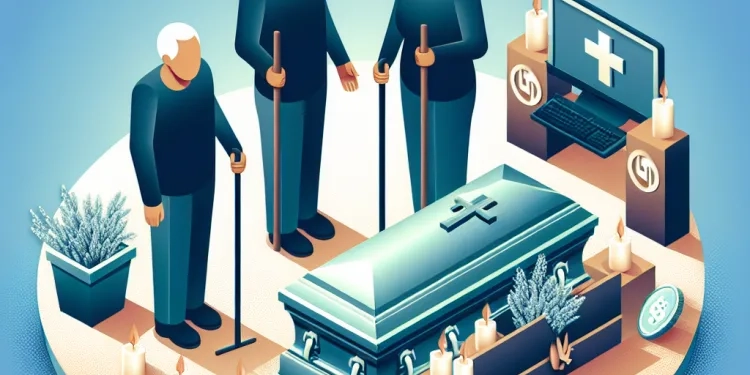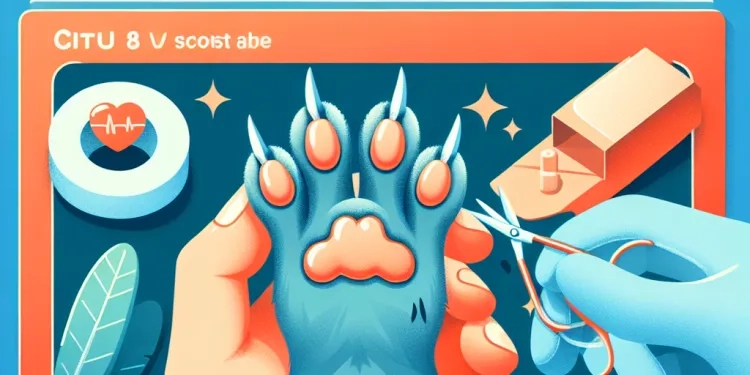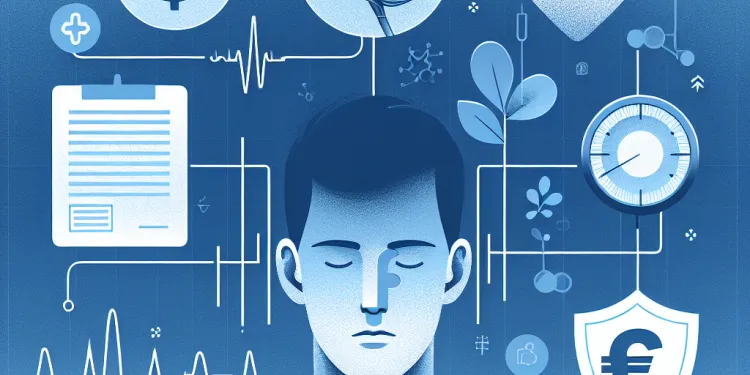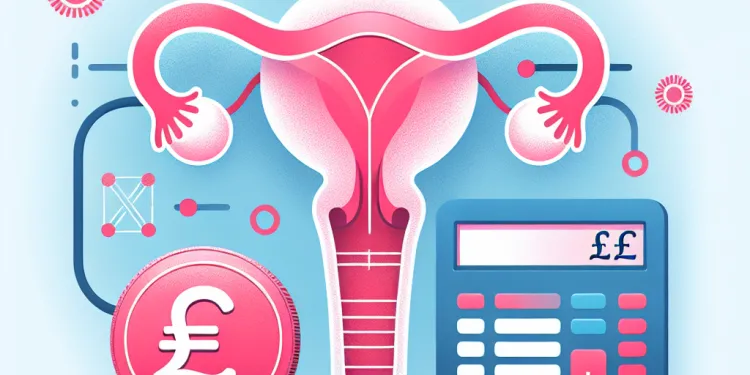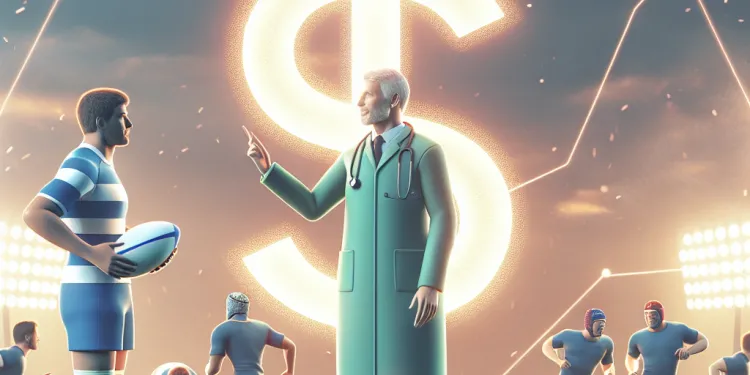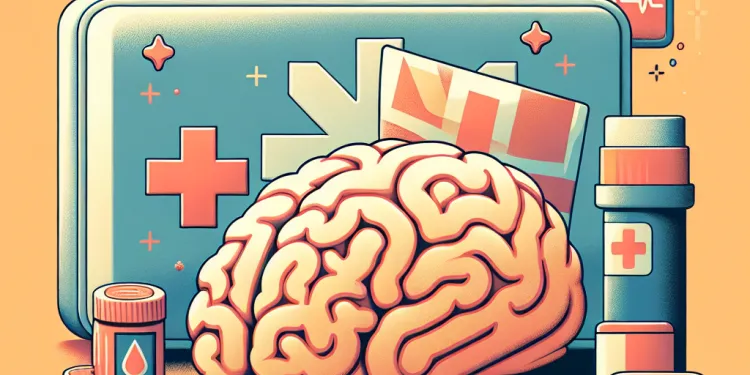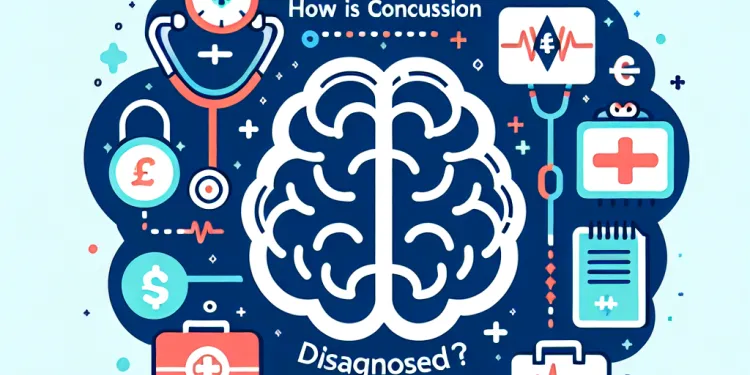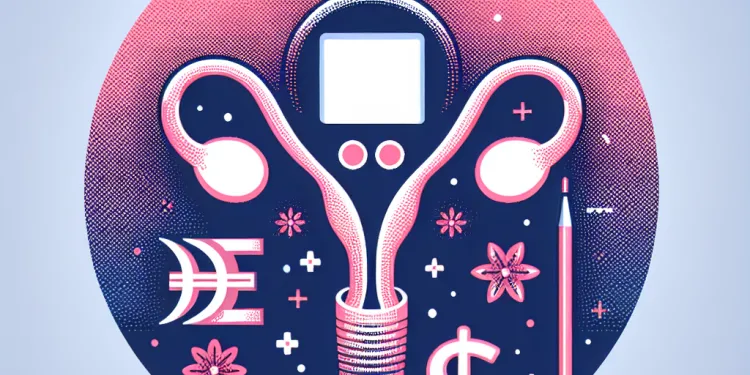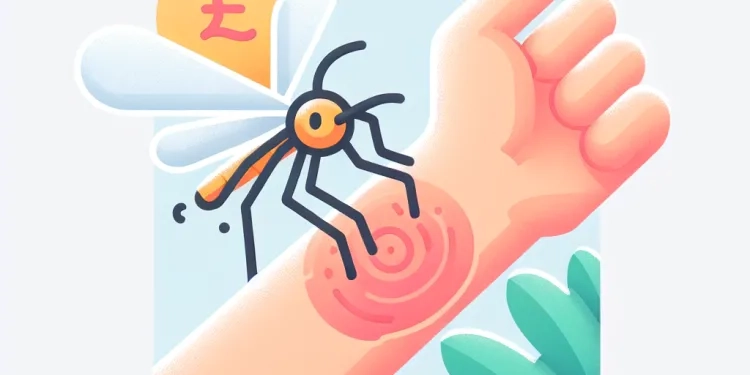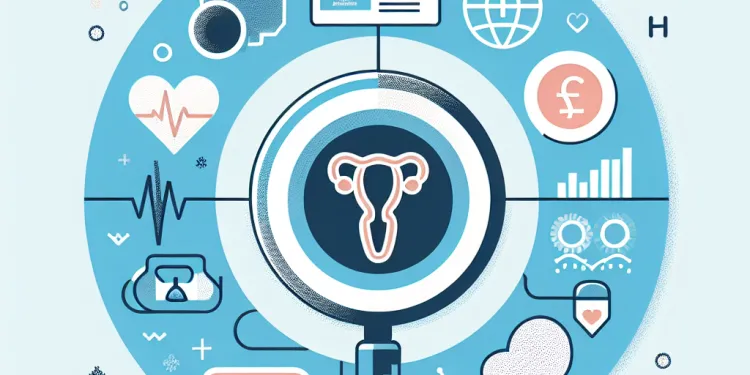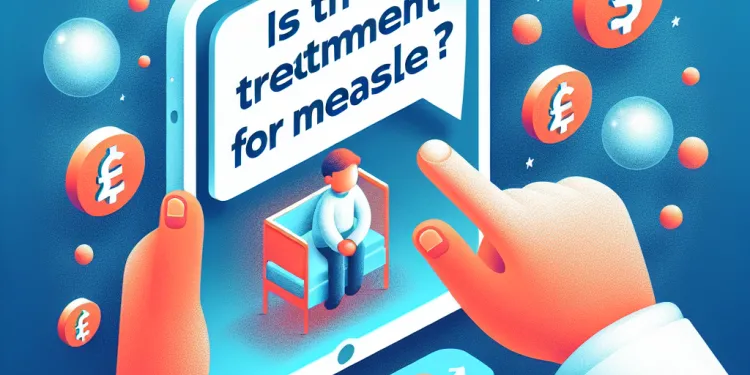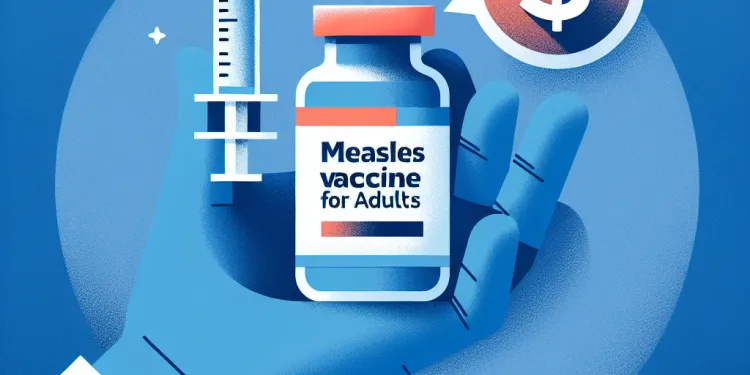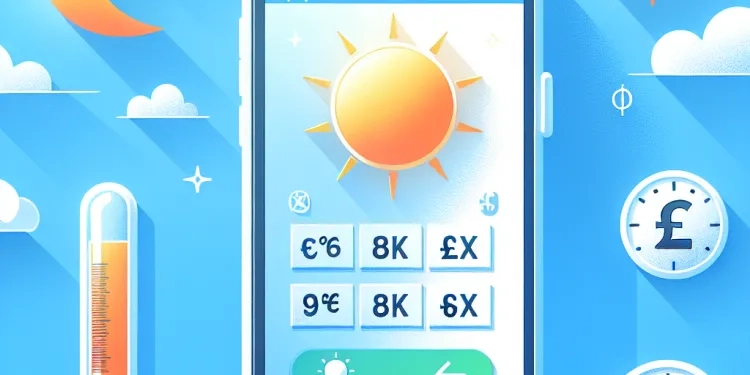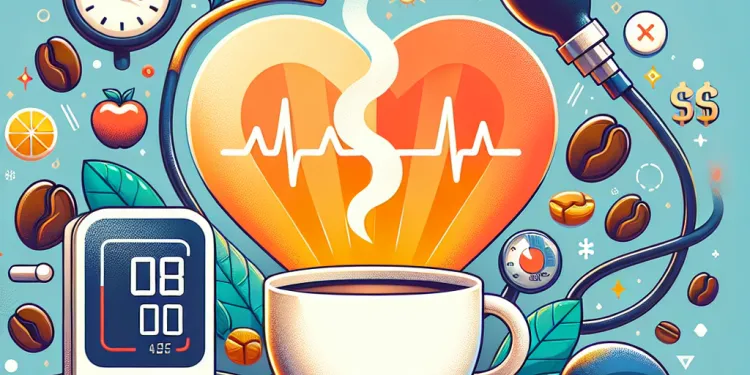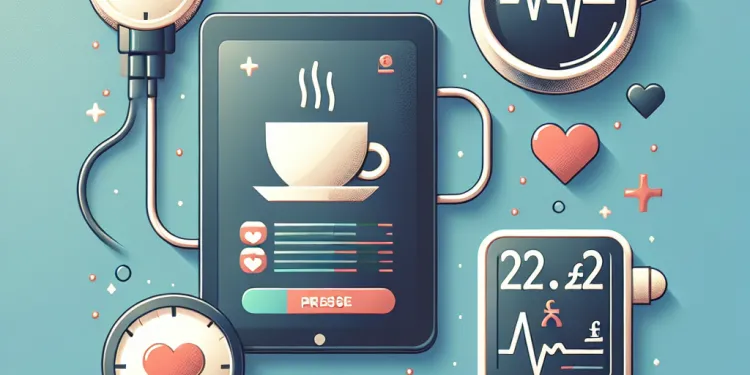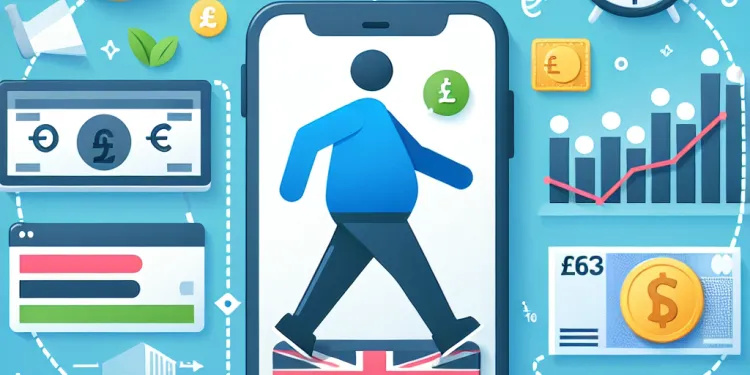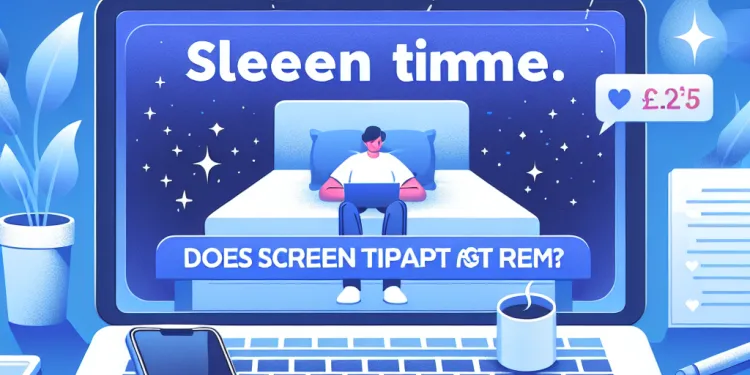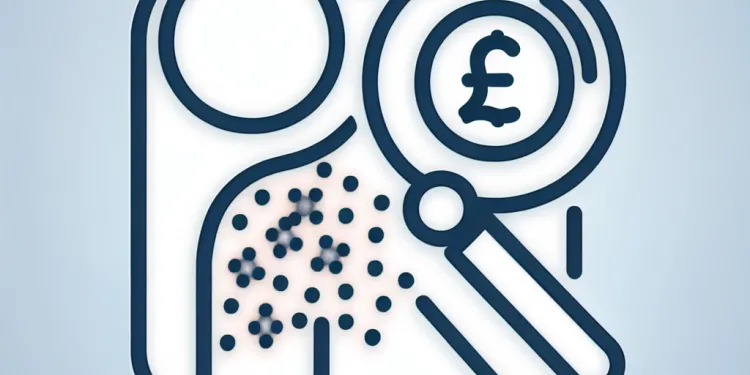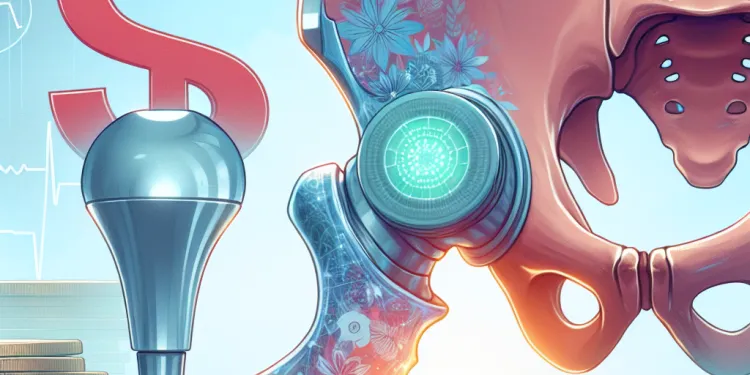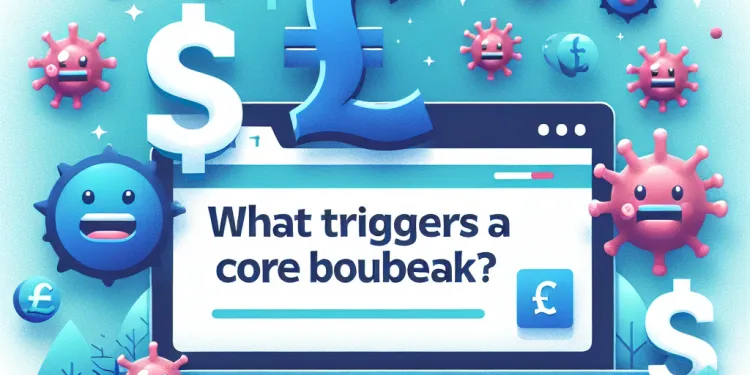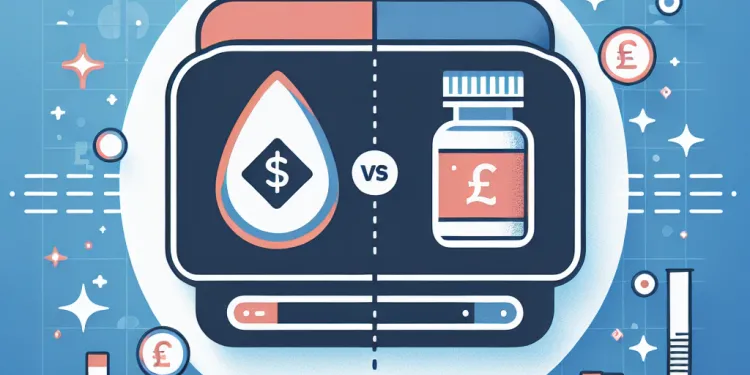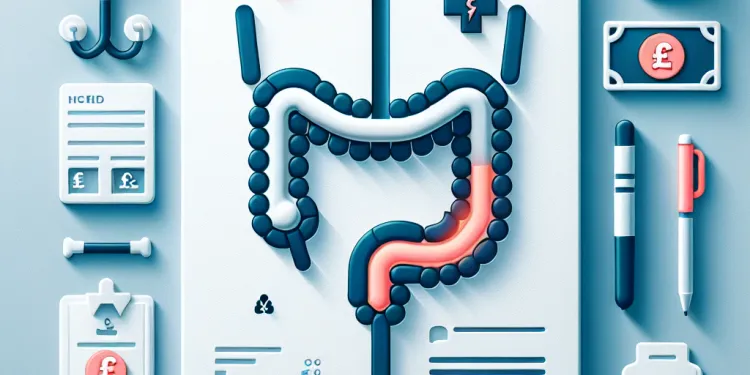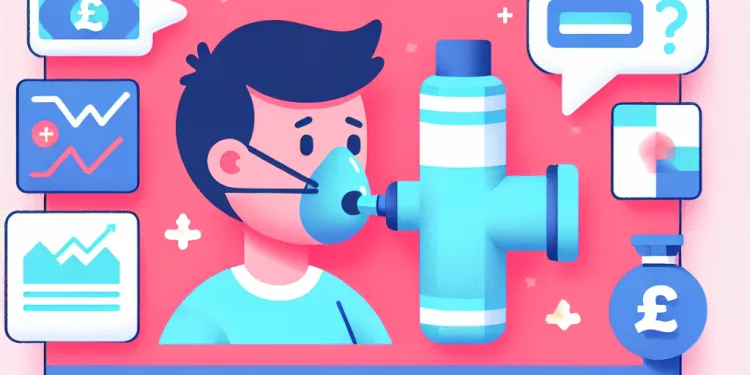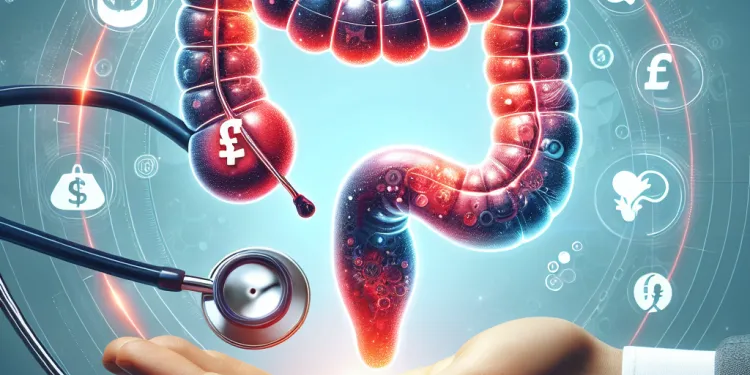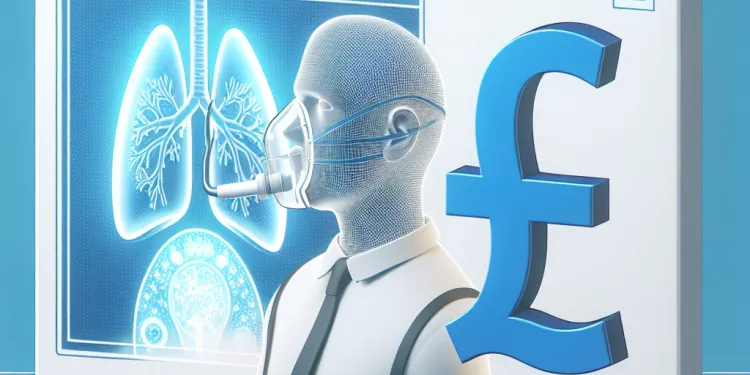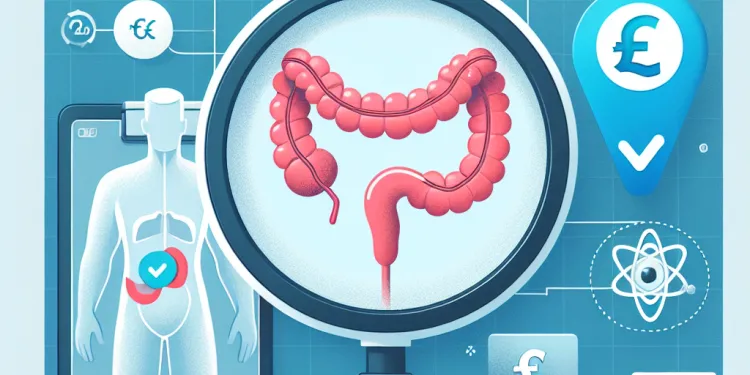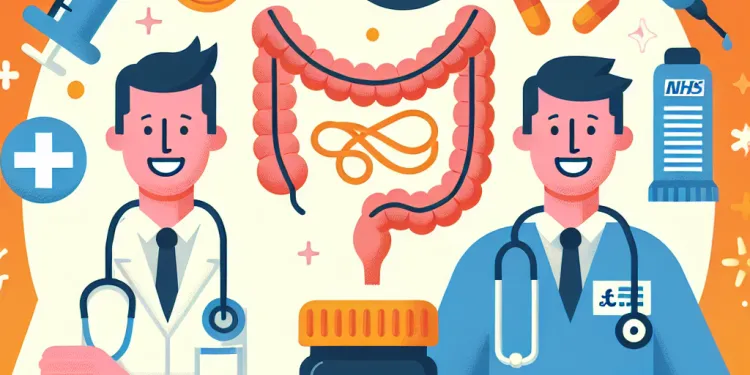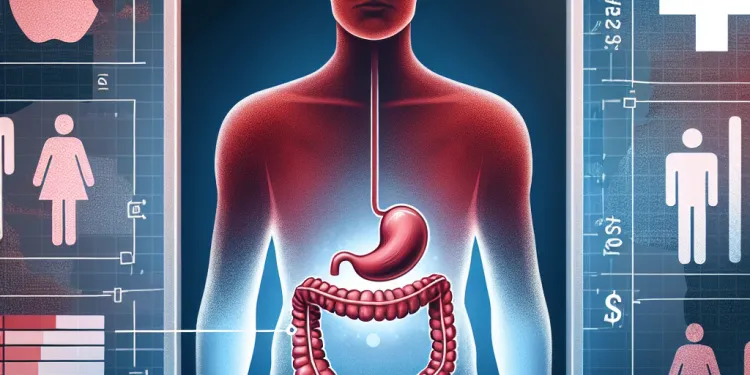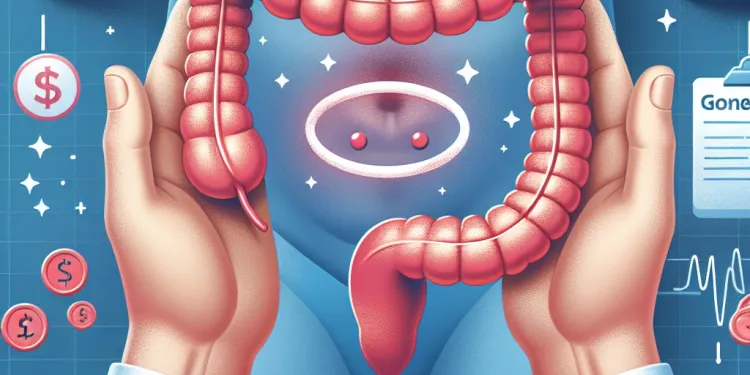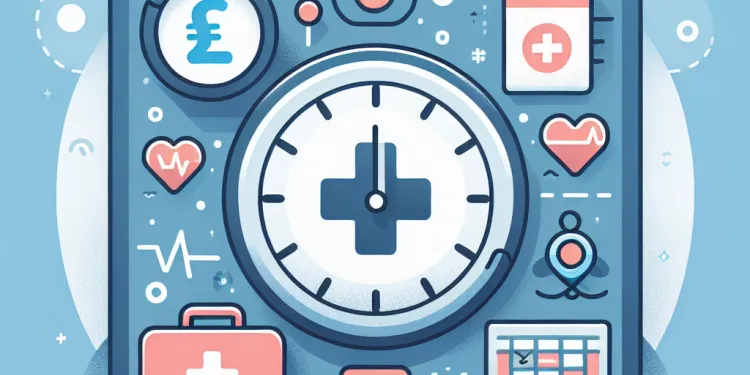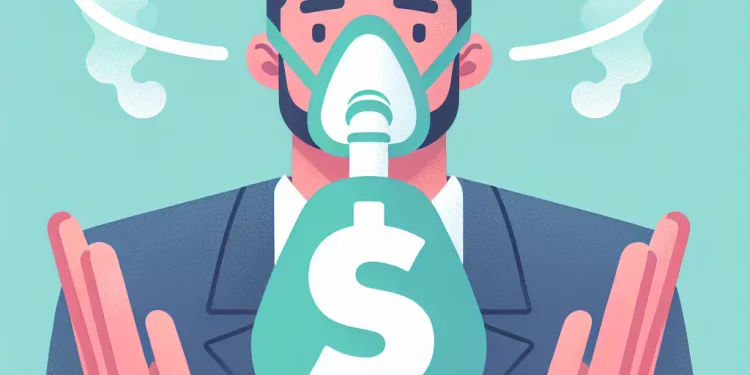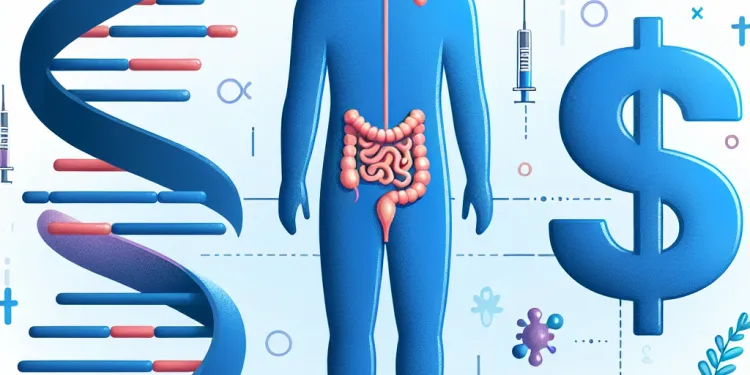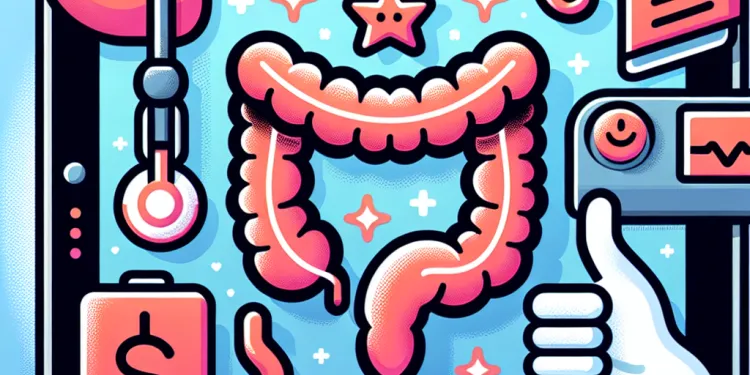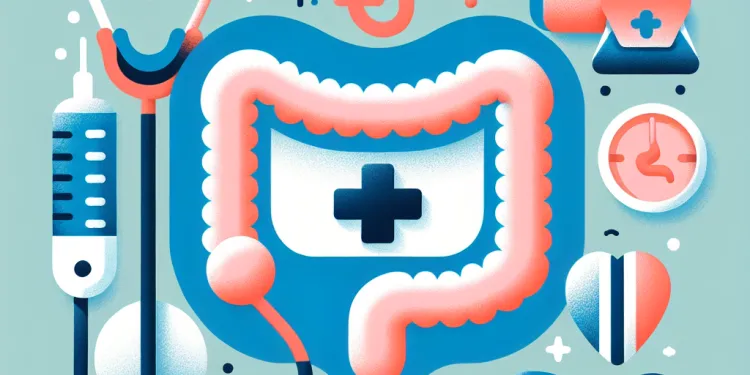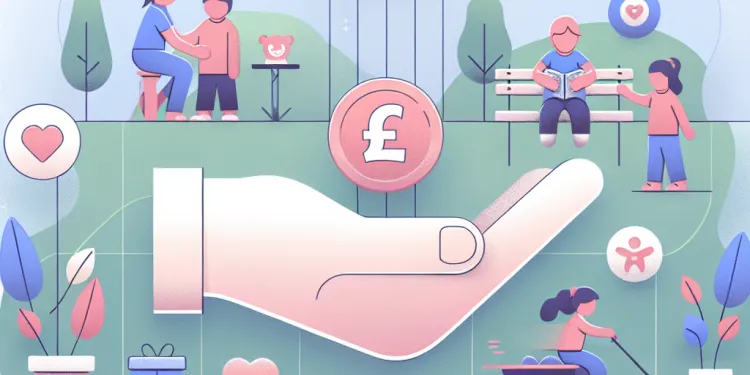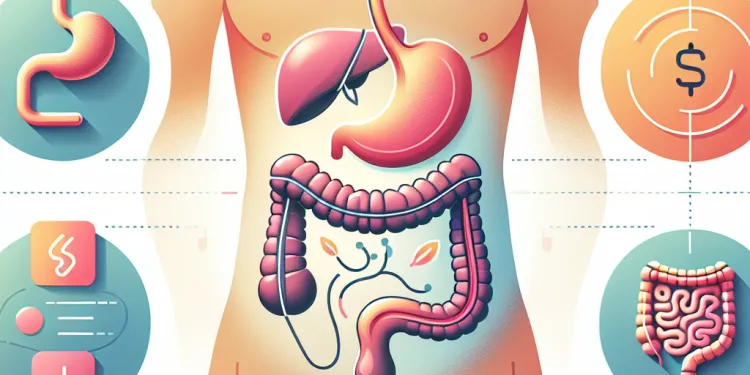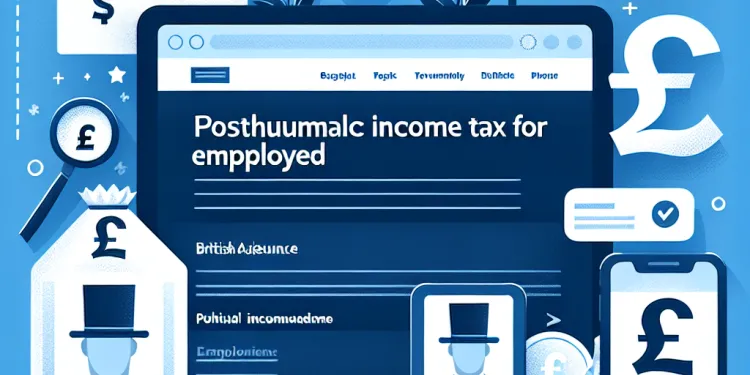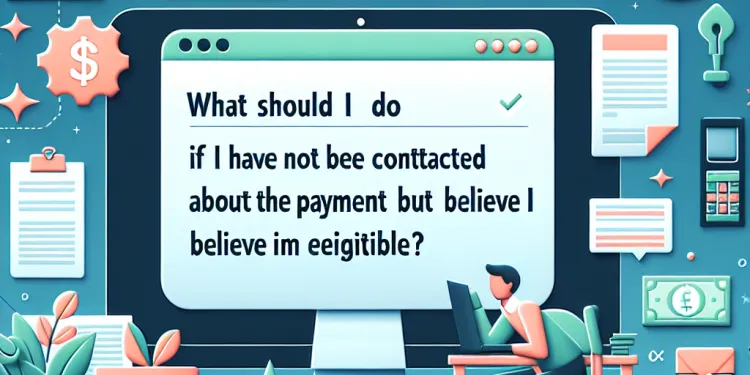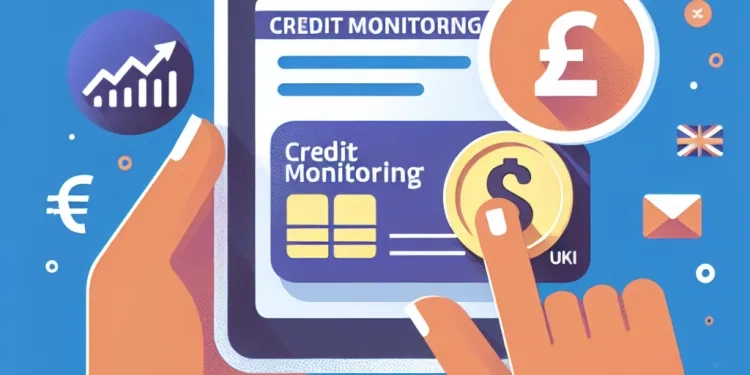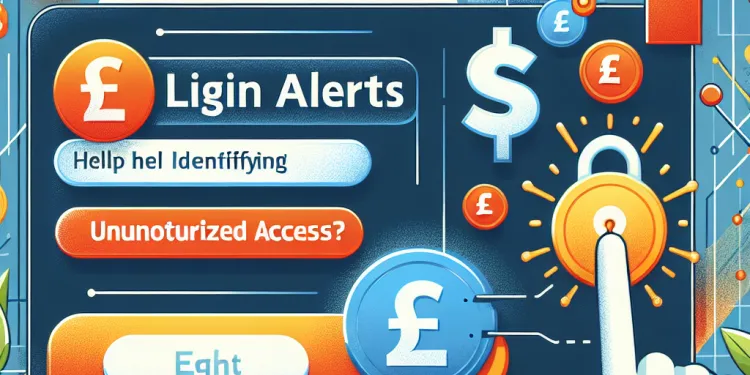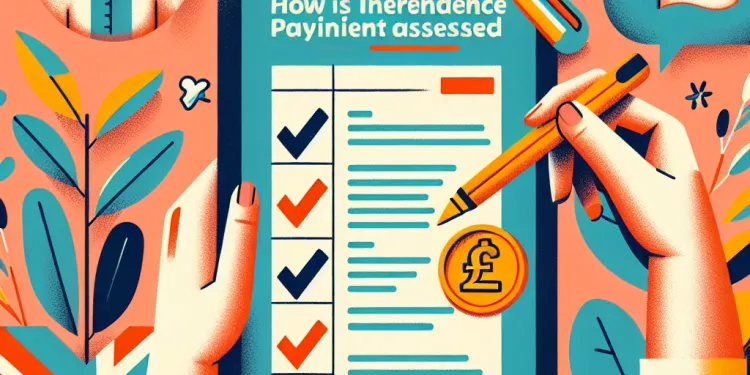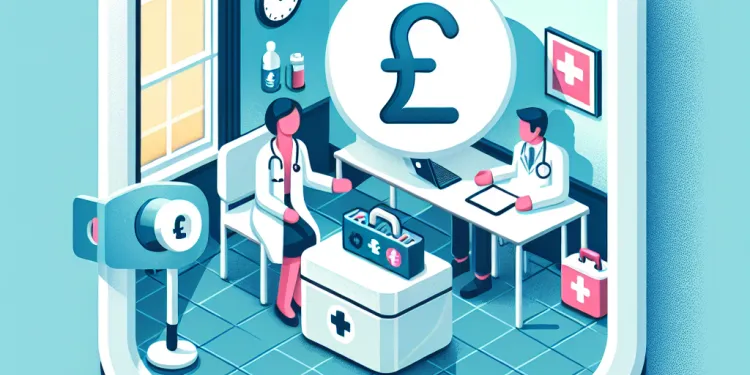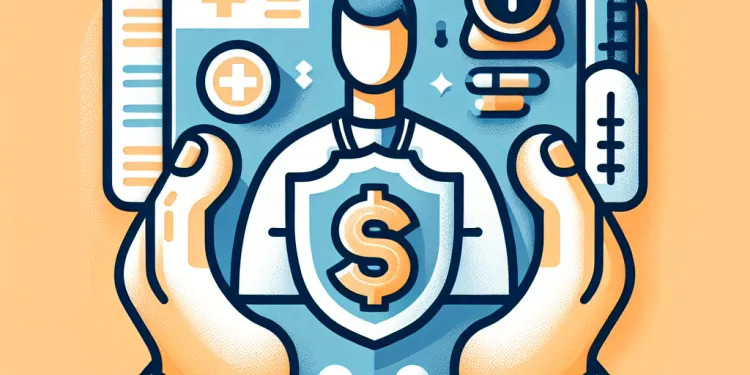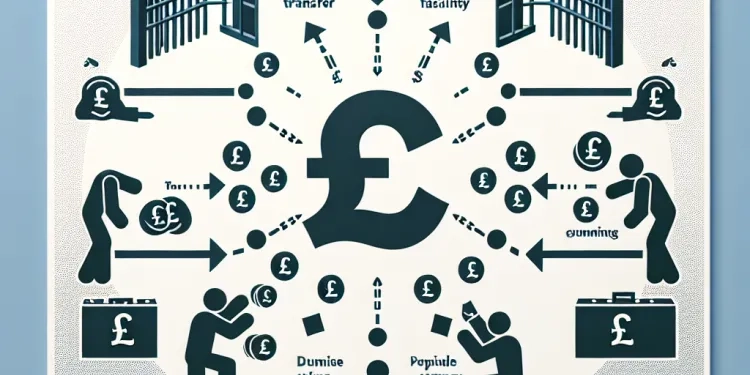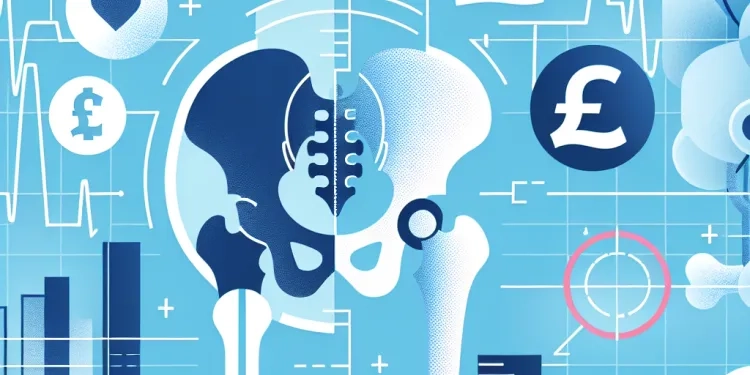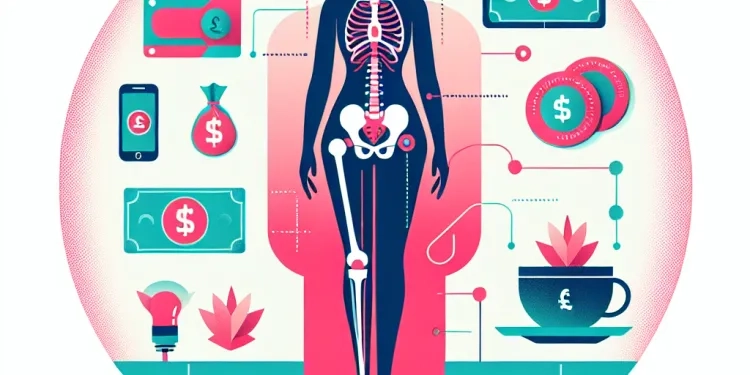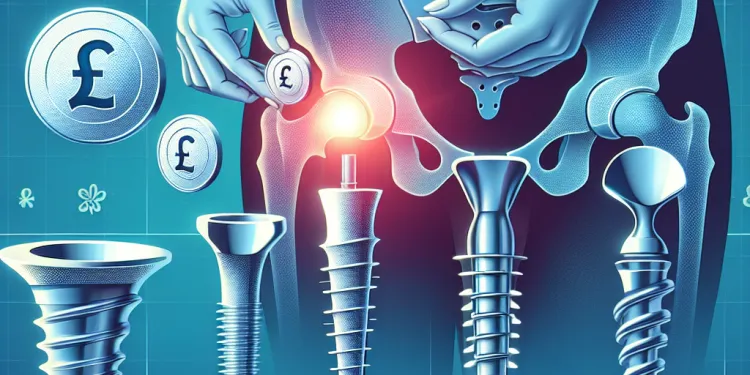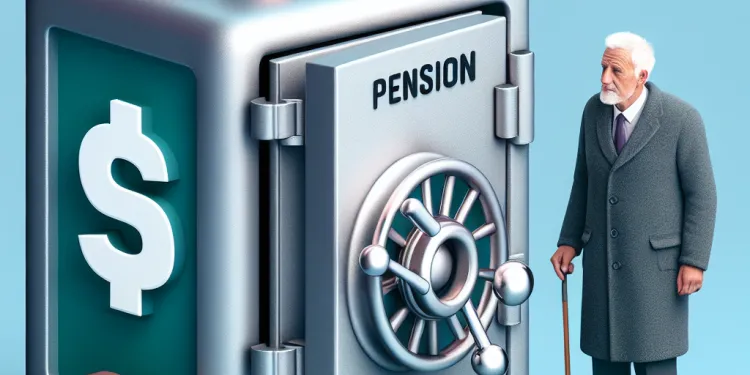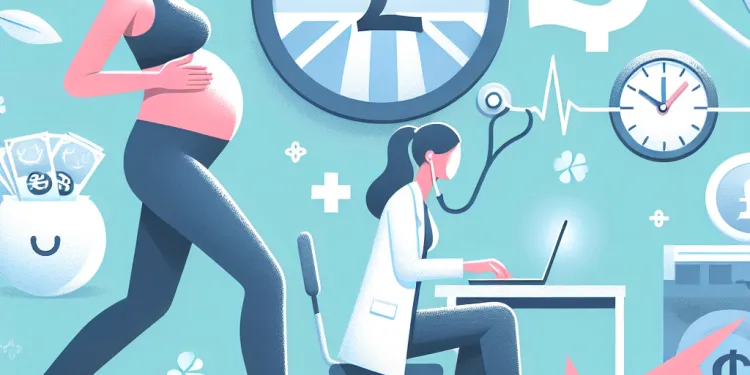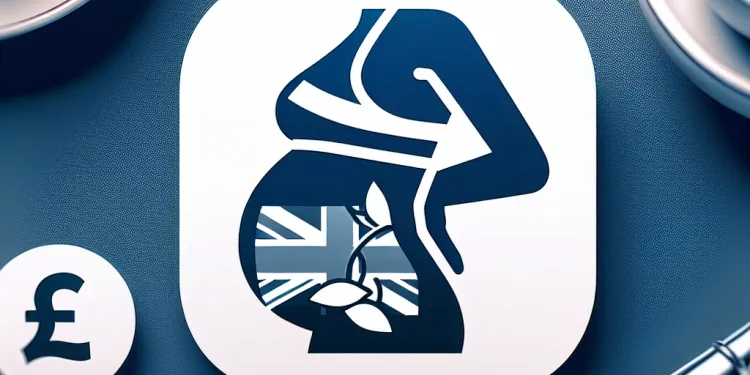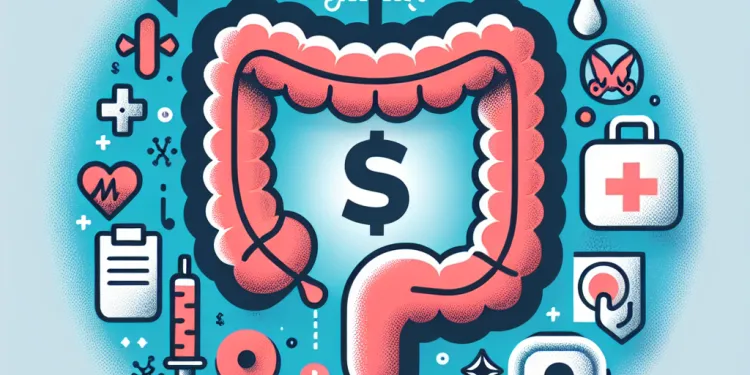
Find A Professional
More Items From Ergsy search
-
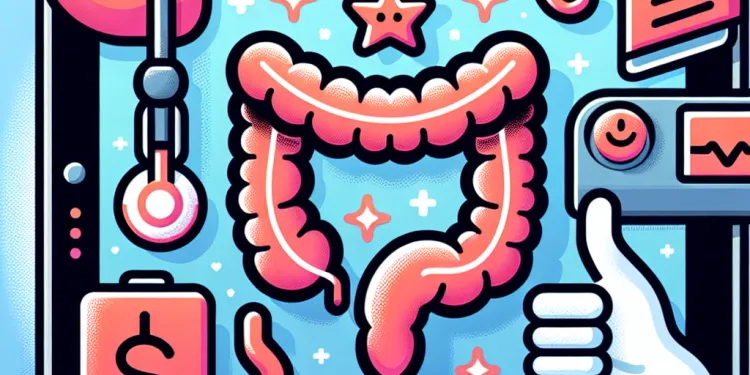
Can appendicitis occur more than once?
Relevance: 100%
-
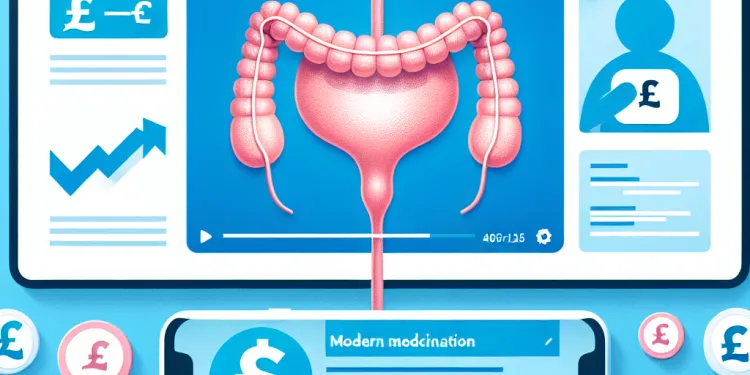
Can you live without an appendix?
Relevance: 81%
-
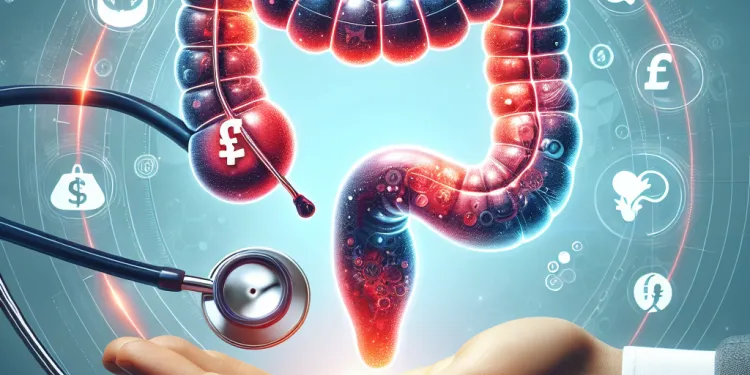
What causes appendicitis?
Relevance: 76%
-

What are the potential complications of appendicitis?
Relevance: 76%
-

What is the likelihood of needing surgery for suspected appendicitis?
Relevance: 75%
-

What is Appendicitis?
Relevance: 75%
-
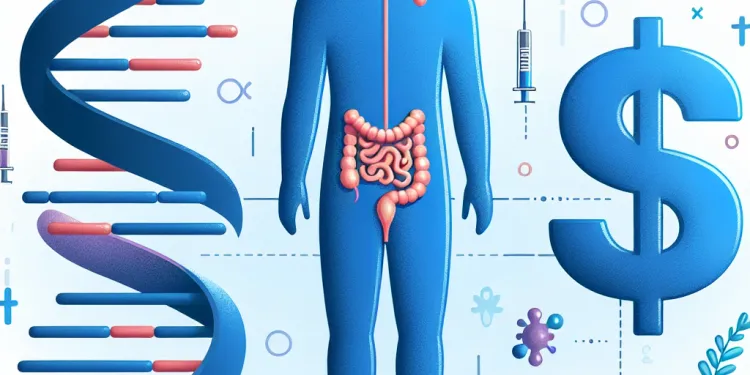
Is appendicitis hereditary?
Relevance: 74%
-

Can appendicitis go away on its own?
Relevance: 71%
-
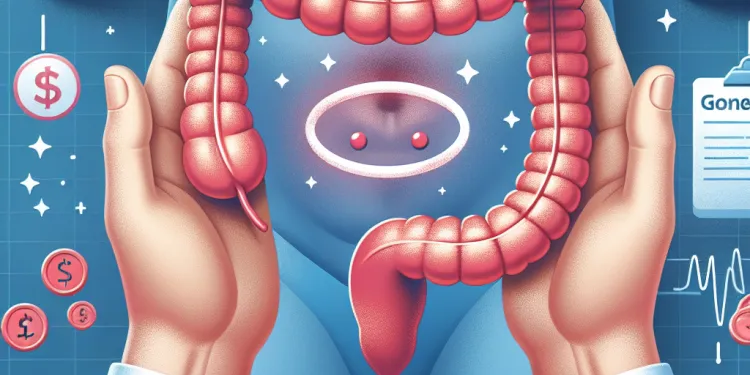
What happens if appendicitis is left untreated?
Relevance: 71%
-

What is the treatment for appendicitis?
Relevance: 71%
-
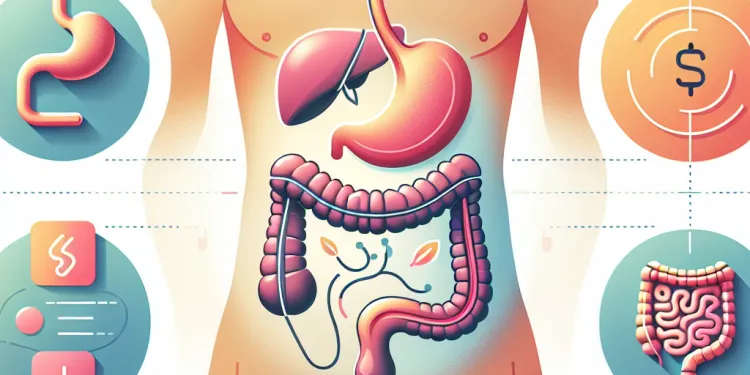
How is appendicitis different from other causes of abdominal pain?
Relevance: 69%
-
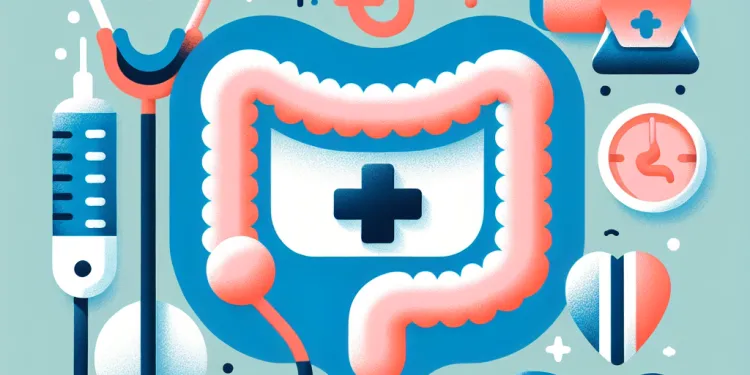
How soon should you see a doctor if you suspect appendicitis?
Relevance: 66%
-

Can diet or lifestyle changes prevent appendicitis?
Relevance: 64%
-

Can appendicitis be treated with antibiotics?
Relevance: 61%
-
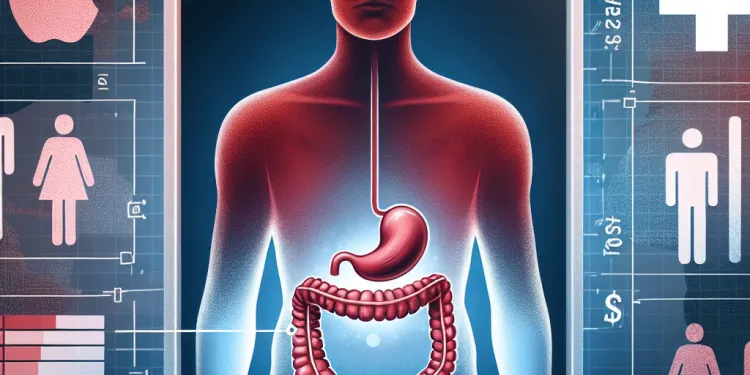
Is appendicitis common in any particular age group?
Relevance: 60%
-

Where is the pain located when you have appendicitis?
Relevance: 59%
-

What are the common symptoms of appendicitis?
Relevance: 58%
-
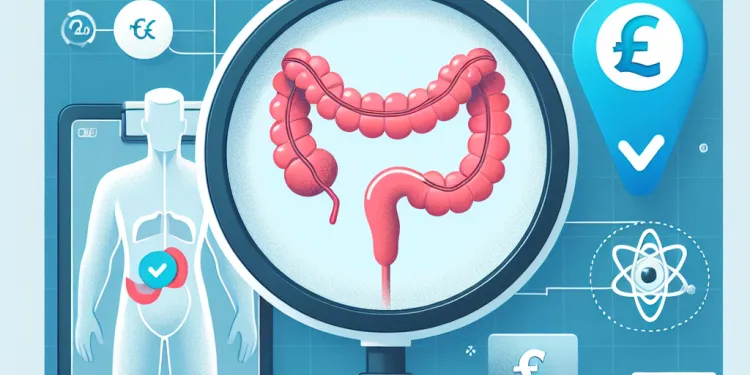
How is appendicitis diagnosed?
Relevance: 56%
-
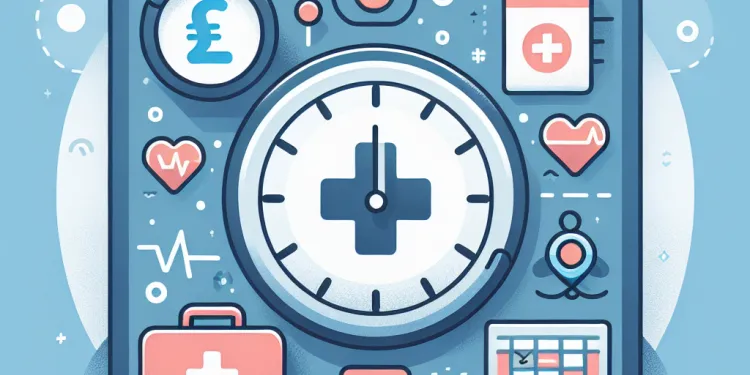
How long is the recovery time after an appendectomy?
Relevance: 47%
-
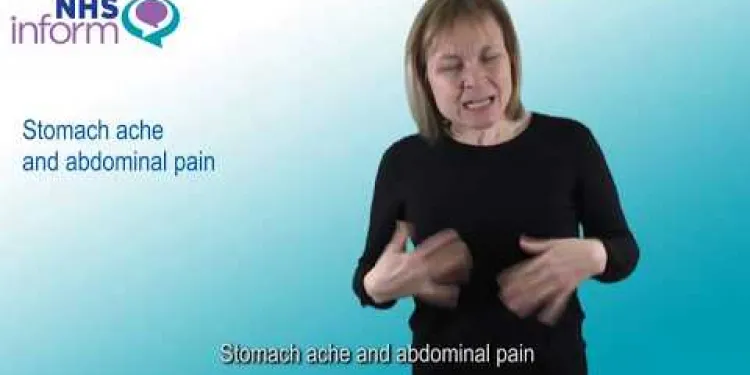
Stomach ache and abdominal pain
Relevance: 4%
-

Are there any risk factors for appendicitis?
Relevance: 3%
-
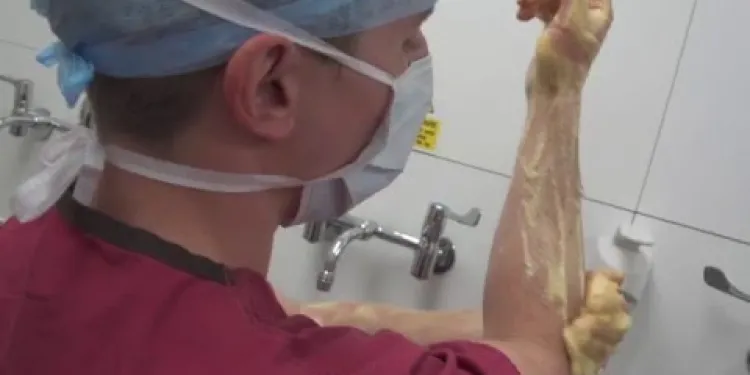
Having an operation
Relevance: 1%
-

Understanding Your Sexual Health - Pelvic Inflammatory Disease
Relevance: 1%
Common Symptoms of Appendicitis
Appendicitis is a medical condition characterised by the inflammation of the appendix, a small tube-shaped pouch attached to the large intestine. It is a common cause of emergency abdominal surgery in the UK and around the world. Recognising the symptoms is crucial for seeking timely medical attention to prevent complications.
Abdominal Pain
The most notable symptom of appendicitis is abdominal pain. It often begins as a dull ache near the navel and later shifts to the lower right side of the abdomen, where it becomes sharp and persistent. This pain usually worsens over a period of several hours, and movements such as coughing, walking, or making sudden movements may intensify the discomfort.
Nausea and Vomiting
Following the onset of abdominal pain, many individuals with appendicitis experience nausea and may vomit. While these symptoms can be indicative of a variety of conditions, when combined with persistent lower abdominal pain, they could suggest appendicitis.
Loss of Appetite
A sudden loss of appetite is another symptom that often accompanies appendicitis. The feeling of discomfort and nausea can make eating unappealing, leading to reduced food intake.
Fever
A low-grade fever, usually ranging from 37.2 to 38°C, often occurs as the body's immune response to the inflammation in the appendix. In some cases, the fever may rise if the condition develops into a more severe infection.
Changes in Bowel Habits
Appendicitis can lead to changes in bowel movements, such as constipation or diarrhoea. Some individuals may experience difficulty passing gas, which can add to the discomfort in the lower abdomen.
Abdominal Swelling
In some cases of appendicitis, the abdomen may become swollen and tender to the touch. This is due to the body's response to inflammation and infection in the appendix.
Increased Urinary Urgency
Some individuals may feel an increased urge to urinate more frequently, or experience pain while urinating. This occurs because the inflamed appendix may irritate the nearby urinary tract.
Conclusion
It is important to remember that appendicitis symptoms can vary among individuals and may not always follow the textbook pattern. If you or someone you know is experiencing a combination of these symptoms, particularly abdominal pain that worsens over time, it is essential to seek medical attention promptly. Early diagnosis and treatment are key to preventing complications such as a ruptured appendix, which can lead to serious health risks.
Common Symptoms of Appendicitis
Appendicitis means your appendix is swollen. The appendix is a small part inside your belly. It is an emergency problem that needs a doctor. Knowing the signs is important so you can get help quickly.
Belly Pain
The biggest sign of appendicitis is having pain in your belly. The pain starts near your belly button. Later, it moves to the lower right side. It hurts more over time. Moving, like walking or coughing, makes the pain worse.
Feeling Sick and Throwing Up
After the belly pain starts, you might feel like throwing up or actually vomit. These symptoms happen with many illnesses, but with belly pain, it could mean appendicitis.
Not Feeling Hungry
When you have appendicitis, you might not want to eat. The pain and feeling sick can make food unappealing.
Fever
You might get a small fever, around 37.2 to 38°C. This happens because the body is fighting the swelling in the appendix. Sometimes, the fever can get higher if it is more serious.
Bathroom Changes
Having appendicitis might make you constipated or have diarrhoea. Passing gas can be hard, and this can make the belly pain worse.
Belly Swelling
Sometimes, the belly gets bigger and hurts if touched. This happens because of the swelling and infection in the appendix.
Needing to Pee More
Some people might feel like they need to pee a lot or it hurts when they pee. This happens because the appendix can bother the bladder.
What to Do
Remember, these symptoms can be different for each person. If you or someone you know has these symptoms, especially belly pain that gets worse, see a doctor. Getting help early can stop big problems like a burst appendix, which is very serious.
Frequently Asked Questions
What is the most common symptom of appendicitis?
The most common symptom of appendicitis is abdominal pain, especially starting around the navel and later localizing to the lower right side.
Can nausea and vomiting be symptoms of appendicitis?
Yes, nausea and vomiting are common symptoms that often accompany the abdominal pain in appendicitis.
Is fever associated with appendicitis?
A low-grade fever is a common symptom of appendicitis, especially if the appendix becomes infected.
What is the pattern of abdominal pain in appendicitis?
The pain usually starts near the belly button and then shifts to the lower right abdomen.
Can loss of appetite indicate appendicitis?
Yes, loss of appetite is a typical symptom that can occur with appendicitis.
Is swelling a common symptom of appendicitis?
Yes, abdominal swelling or bloating can occur in appendicitis as inflammation sets in.
Can diarrhea be a symptom of appendicitis?
Diarrhea is less common but can occur, especially in children with appendicitis.
How does the pain change as appendicitis progresses?
Initially, the pain may be vague and then intensifies, localizing in the lower right abdomen.
Is constipation linked to appendicitis?
Yes, constipation can sometimes occur alongside appendicitis symptoms.
Can urination be affected by appendicitis?
Painful urination can occur in some cases if the appendix irritates nearby urinary structures.
What are atypical symptoms of appendicitis?
Atypical symptoms can include back pain or pain in the upper abdomen.
Does appendicitis pain occur suddenly?
Appendicitis pain often begins suddenly and gradually worsens over several hours.
Can gas and bloating indicate appendicitis?
Abdominal bloating and gas can be present with appendicitis, although they are less specific symptoms.
Is fatigue a symptom of appendicitis?
Fatigue may accompany other symptoms as the body responds to the infection or inflammation.
Can appendicitis symptoms vary between patients?
Yes, the intensity and combination of symptoms can vary based on the individual's anatomy and the stage of appendicitis.
Do symptoms of appendicitis improve with rest?
Pain from appendicitis typically does not improve with rest and may worsen with movement.
Can symptoms of appendicitis resemble other conditions?
Yes, the symptoms can mimic other conditions like gastroenteritis, urinary tract infections, or ovarian disorders.
Are children’s symptoms of appendicitis different from adults?
Yes, children may have less localized pain and more diffuse abdominal symptoms.
Does appendicitis cause changes in bowel habits?
Changes like diarrhea or constipation can occur, but they are not definitive symptoms of appendicitis.
How long can symptoms of appendicitis last?
Symptoms can escalate over a period of hours to days, and it's essential to seek medical attention promptly to prevent complications.
What is the most common sign of appendicitis?
Appendicitis is when a little part inside your tummy gets very sick.
The most common sign is a strong pain on the lower right side of your tummy.
It might hurt a lot, and you should tell a grown-up if you feel this.
Looking at pictures or watching videos online can help you understand better.
The main sign of appendicitis is a tummy ache. It often starts near your belly button and then moves to the lower right side.
Can feeling sick and throwing up mean you have appendicitis?
Yes, feeling sick and throwing up often happen when someone has pain in their stomach because of appendicitis.
Does having a fever mean you might have appendicitis?
Sometimes, if you have a fever, you might also have a sore tummy. This can be a sign of appendicitis, which happens when your appendix is not well.
If you feel unwell with a fever and tummy pain, it is a good idea to see a doctor.
Asking an adult to help you understand what's happening and keeping a health journal can be useful. Use pictures or words that help you explain how you feel.
A low fever can happen when your appendix is sick. This is called appendicitis. It can be a sign that your appendix is infected.
How does your belly hurt when you have appendicitis?
The pain usually starts near the belly button. Then, it moves to the lower right side of your tummy.
Can not feeling hungry mean you have appendicitis?
Yes, losing your appetite is a common sign when you have appendicitis.
Can your tummy swell up if you have appendicitis?
Yes, your tummy can get bigger or feel puffy if your appendix is sore. This happens because it gets swollen.
Can diarrhea mean you have a sick appendix?
Diarrhea can sometimes mean your appendix is sick. The appendix is a small part in your tummy. If it gets sick, it is called appendicitis.
If you have tummy pain too, it's important to tell an adult or a doctor. They can help you feel better.
Try using pictures or talking to someone if you find reading hard. They can explain it in a way that helps you understand.
Sometimes, children with a sore appendix can have very runny poo. But this does not happen a lot.
What happens to the pain when you have appendicitis?
At first, the pain might be hard to pinpoint. Then it gets stronger and moves to the lower right side of your tummy.
Can being constipated cause appendicitis?
Constipation means you have trouble going poo. Appendicitis is when your appendix gets sore and swollen. Having trouble going poo does not cause your appendix to get sore. But if your tummy hurts a lot, you should tell a grown-up and see a doctor.
Tools that can help:
- Use pictures or drawings to understand what constipation and appendicitis are.
- Listen to someone read this text to you.
Yes, sometimes when you have appendicitis, you might also have constipation. This means it can be hard to go to the toilet.
Can appendicitis change how you pee?
Sometimes, it can hurt to urinate if the appendix bothers parts of the body that help with peeing.
What are the unusual signs of appendicitis?
Appendicitis is when the appendix, a small part in your tummy, gets sore. Here are some unusual signs:
- Pain in places other than the lower right side of the tummy, like the back or side.
- Feeling sick or wanting to throw up.
- Tummy feeling bloated or full.
- Hard to pass gas or have a bowel movement.
If you think you have these signs, tell a grown-up or see a doctor. They can help you feel better.
Tips:
- Look at pictures or videos about appendicitis to understand more.
- Use apps that read text out loud if reading is hard.
- Ask someone to read with you and explain things you don't understand.
Sometimes, people might feel pain in their back or the top part of their tummy.
Does appendix pain start suddenly?
Pain from appendicitis starts quickly and gets worse over a few hours.
Can a tummy full of gas mean appendicitis?
A gassy tummy can happen for lots of reasons. Sometimes, it is just because we ate too much or too fast.
Appendicitis is when a small part inside the tummy called the appendix gets sick. If you have appendicitis, you will feel very bad pain in your lower right side. You might also feel sick or have a fever.
If you have a lot of pain with gas, it is best to tell a grown-up or see a doctor. They can help you understand what is wrong.
Talking to someone or using pictures can help if reading is hard. Ask for help if you need it!
Your tummy can feel big and full of gas if your appendix is sore. But this doesn't always mean it's your appendix.
Can feeling very tired mean you have appendicitis?
Feeling very tired can happen when your body fights an illness or gets swollen.
Do people get different signs when they have appendicitis?
Yes, the symptoms of appendicitis can be different for each person. It depends on how their body is and how bad the appendicitis is.
Here are some tools that might help:
- Ask someone to read with you.
- Use apps that read aloud.
- Draw pictures to understand better.
- Break down big words into smaller parts.
Does rest help with appendicitis pain?
Appendicitis pain doesn’t get better if you rest. It can hurt more if you move.
Can the signs of appendicitis look like other illnesses?
Yes, sometimes the signs of appendicitis can look like other stomach problems. These could be a tummy bug or something you ate.
It is always a good idea to see a doctor. They can help find out what is wrong.
Using tools like picture stories or videos can help you understand more about appendicitis.
Yes, the signs can look like other health problems. They can be like tummy bugs, pee infections, or problems with ovaries.
Do children with appendicitis feel different from adults?
Appendicitis is when a small part inside your belly called the appendix gets sick. Children and adults can both have appendicitis. But, it can feel a bit different for children.
For children, watch for these signs:
- Stomach pain, usually starting near the belly button and moving to the lower right side.
- Feeling sick or throwing up.
- Fever or feeling hot.
- Not wanting to eat or play.
For adults, the signs can be similar, but they might happen in a different way. Always tell a doctor if you think you or your child has appendicitis.
If you are helping someone who finds reading hard, you can:
- Read the information out loud together.
- Use pictures to show what it feels like.
- Ask a doctor or a nurse to explain things in person.
Yes, children might not feel pain in just one spot. They might feel a tummy ache in a bigger area.
Can appendicitis change how you go to the toilet?
Sometimes appendicitis can make it hard to poo or make you poo a lot more.
If you have a tummy ache, it might help to talk to an adult or a doctor.
Support tools:
- Use pictures to understand more.
- Ask someone to read with you.
Sometimes you might have a runny tummy (diarrhea) or find it hard to poo (constipation). But these do not always mean you have a problem with your appendix called appendicitis.
How long do signs of appendix trouble last?
When your appendix is not well, it is called appendix trouble.
The signs can make your tummy hurt. It can hurt a little or a lot.
This trouble can last for a few hours or a few days.
If your tummy hurts a lot, tell a grown-up and go to the doctor.
Tools to help you:
- Ask a friend or family member to read with you.
- Use pictures or drawings to understand better.
Symptoms can get worse quickly, in just a few hours or days. It is very important to see a doctor soon to stop it from getting any worse.
Useful Links
More Videos of Interestdiagnosis
- Ergsy carfully checks the information in the videos we provide here.
- Videos shown by Youtube after a video has completed, have NOT been reviewed by ERGSY.
- To view, click the arrow in centre of video.
- Most of the videos you find here will have subtitles and/or closed captions available.
- You may need to turn these on, and choose your preferred language.
- Go to the video you'd like to watch.
- If closed captions (CC) are available, settings will be visible on the bottom right of the video player.
- To turn on Captions, click settings .
- To turn off Captions, click settings again.
More Items From Ergsy search
-

Can appendicitis occur more than once?
Relevance: 100%
-

Can you live without an appendix?
Relevance: 81%
-

What causes appendicitis?
Relevance: 76%
-

What are the potential complications of appendicitis?
Relevance: 76%
-

What is the likelihood of needing surgery for suspected appendicitis?
Relevance: 75%
-

What is Appendicitis?
Relevance: 75%
-

Is appendicitis hereditary?
Relevance: 74%
-

Can appendicitis go away on its own?
Relevance: 71%
-

What happens if appendicitis is left untreated?
Relevance: 71%
-

What is the treatment for appendicitis?
Relevance: 71%
-

How is appendicitis different from other causes of abdominal pain?
Relevance: 69%
-

How soon should you see a doctor if you suspect appendicitis?
Relevance: 66%
-

Can diet or lifestyle changes prevent appendicitis?
Relevance: 64%
-

Can appendicitis be treated with antibiotics?
Relevance: 61%
-

Is appendicitis common in any particular age group?
Relevance: 60%
-

Where is the pain located when you have appendicitis?
Relevance: 59%
-

What are the common symptoms of appendicitis?
Relevance: 58%
-

How is appendicitis diagnosed?
Relevance: 56%
-

How long is the recovery time after an appendectomy?
Relevance: 47%
-

Stomach ache and abdominal pain
Relevance: 4%
-

Are there any risk factors for appendicitis?
Relevance: 3%
-

Having an operation
Relevance: 1%
-

Understanding Your Sexual Health - Pelvic Inflammatory Disease
Relevance: 1%
